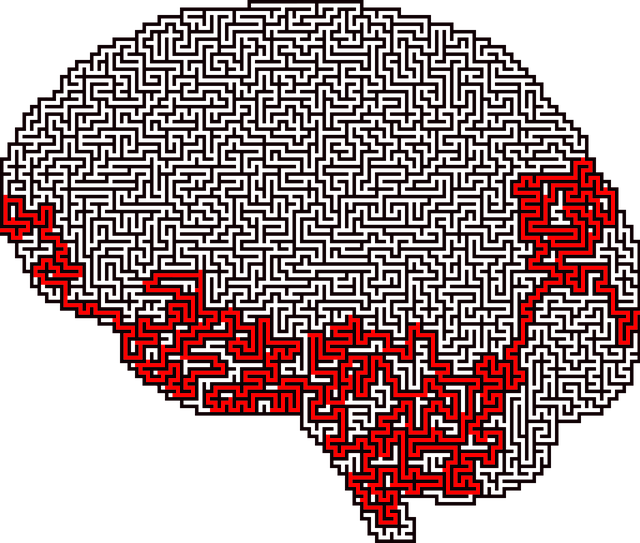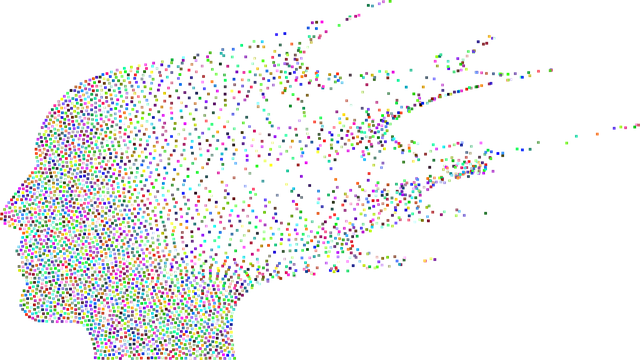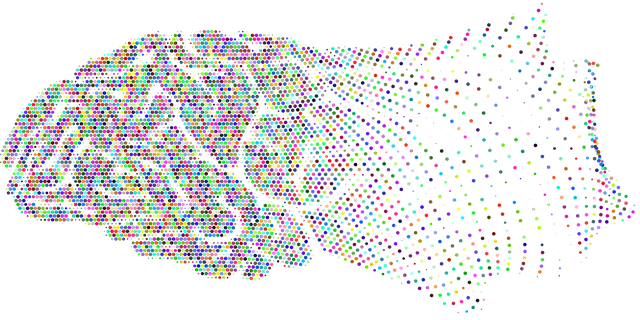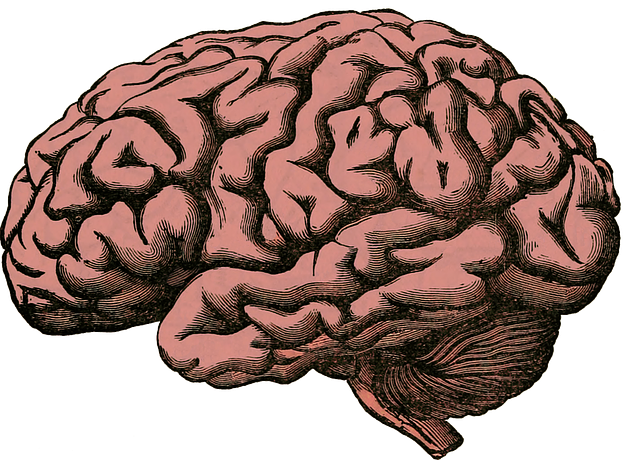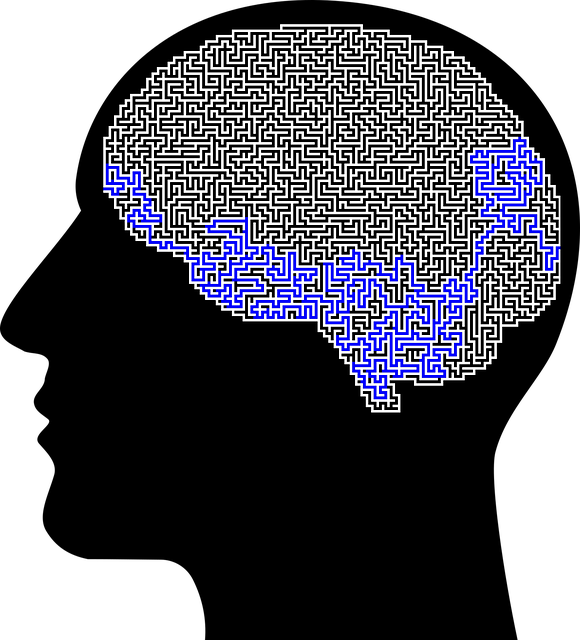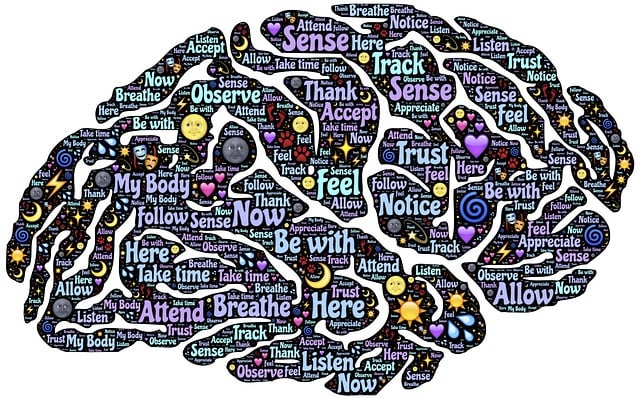在曼语说社区,心理健康服务面临语言和文化障碍。通过实施专业的心理健康教育计划、风险管理规划与跨文化交流技巧培训,开发符合当地文化的干预措施,为年轻儿童提供安全有效的治疗环境,满足其独特需求,改善精神健康状况(Therapy for Young Children Mandarin Chinese Speaking)。数据分析在个性化治疗中起关键作用,同时文化敏感的解读方法对于理解和帮助这些儿童至关重要。数字技术和在线平台也在改变这种治疗方式,提供更灵活的选项。在处理相关数据时,遵循严格的伦理实践,包括保护隐私和解决文化、语言障碍,以促进正面心理健康结果。
“探索儿童心理健康数据分析的强大潜力,尤其是在讲汉语社区的年轻人群中。本文深入探讨了从收集到解读数据的整个过程,揭示了如何利用数据个性化治疗干预措施并改善心理健康服务的可及性。我们将讨论传统和创新的数据分析技术,重点关注文化敏感性,以及数字工具在监测疗效方面的作用。此外,还将提出道德考虑和最佳实践,确保在处理儿童的敏感心理健康数据时保持隐私和安全。”
- Understanding Mental Health Data Collection for Young Children in Mandarin-Speaking Communities
- The Role of Data Analysis in Personalizing Therapy Interventions
- Uncovering Patterns and Trends: Interpretive Techniques for Cultural Sensitivity
- Enhancing Access to Care: Digital Tools and Online Platforms for Therapy Monitoring
- Ethical Considerations and Best Practices in Analyzing Sensitive Children's Mental Health Data
Understanding Mental Health Data Collection for Young Children in Mandarin-Speaking Communities

在曼语说社区中,理解年轻孩子的精神健康数据收集是至关重要的。许多研究表明,早期干预和治疗对儿童的精神健康发展至关重要。然而,由于语言和文化差异,确保准确且有效的心理健康服务对这些社区来说可能具有挑战性。通过专业的心理健康教育计划的设计和实施,我们可以克服这些障碍。这些计划应专注于减少与精神疾病相关的污名,为家长和照顾者提供支持资源,并促进社区内的开放对话。
此外,风险管理规划对于保护曼语说社区的年轻儿童接受心理治疗的安全性和有效性至关重要。这包括培训专业人员掌握跨文化交流技巧,以及开发适合当地文化背景的干预措施。通过综合考虑这些策略,我们可以更好地满足年轻孩子及其家庭的独特需求,为他们提供必要的语言支持和文化敏感性,从而促进整体精神健康状况的改善。
The Role of Data Analysis in Personalizing Therapy Interventions

In the realm of mental health, data analysis plays a pivotal role in personalizing therapy interventions, especially for young children speaking Mandarin Chinese. By meticulously analyzing relevant data, therapists can gain valuable insights into each child’s unique needs and challenges. This approach allows for tailored treatment plans that address specific issues, be it anxiety, depression, or behavioral problems. For example, data might reveal patterns in a child’s emotional responses during certain activities or interactions, enabling therapists to incorporate targeted strategies such as mindfulness meditation or stress reduction methods.
Through this personalized touch, therapy becomes more effective and engaging for young minds. Moreover, integrating cultural considerations specific to Mandarin-speaking communities ensures that interventions resonate with the children’s backgrounds, fostering better engagement and outcomes. Crisis intervention guidance can also be enhanced through data analysis, providing timely support tailored to individual needs and potentially preventing escalating mental health crises.
Uncovering Patterns and Trends: Interpretive Techniques for Cultural Sensitivity

In mental health data analysis, uncovering patterns and trends is a critical aspect of understanding the nuanced needs of diverse populations. When working with culturally sensitive data, such as that from therapy sessions involving young children speaking Mandarin Chinese, interpreters must employ techniques that bridge cultural divides. This involves not only translating words but also understanding and interpreting non-verbal cues, family dynamics, and community contexts. By integrating emotional regulation techniques tailored to the child’s cultural background, therapists can foster a deeper connection and more accurately interpret expressions of distress or resilience.
Empathy building strategies play a pivotal role in this process. Encouraging children to express their feelings through mental wellness journaling exercises guided by culturally sensitive prompts can provide valuable insights. These exercises not only help in emotional regulation but also offer a safe space for the child to share their experiences and perspectives. Through such methods, therapists can gain a comprehensive view of the child’s mental health landscape, ensuring interventions are effective and respectful of cultural nuances, ultimately promoting better outcomes for young Mandarin-speaking children in therapy.
Enhancing Access to Care: Digital Tools and Online Platforms for Therapy Monitoring

In today’s digital era, technology is revolutionizing mental health care, especially for young children who speak Mandarin Chinese. Online platforms and digital tools are enhancing access to therapy by providing convenient and flexible options. Apps designed for mindfulness meditation, inner strength development, and self-awareness exercises offer a unique approach to support young individuals’ emotional well-being. These platforms often include interactive games, guided sessions, and progress tracking features that cater specifically to the needs of children.
Through these digital channels, therapists can remotely monitor and assess a child’s mental health status, ensuring consistent care even when in-person sessions are limited or not feasible. This shift towards digital therapy enables families to access specialized support from the comfort of their homes, fostering a more inclusive and accessible environment for those seeking help.
Ethical Considerations and Best Practices in Analyzing Sensitive Children's Mental Health Data

When analyzing sensitive data related to children’s mental health, especially in the context of Mandarin Chinese speaking communities, ethical considerations are paramount. This is not merely about protecting privacy but ensuring that the unique cultural nuances and linguistic barriers are respected and addressed throughout the process. For instance, when developing therapy for young children from these communities, it’s crucial to involve parents or guardians in informed consent processes, explaining data collection methods and intended uses clearly in their native language.
Best practices include promoting transparency, obtaining necessary permissions, and ensuring data security. Moreover, culturally sensitive interpretations of mental health data should be encouraged. This involves understanding the specific context within which a child’s experiences are shaped – incorporating insights from Self-Care Routine Development for Better Mental Health, Conflict Resolution Techniques, and Emotional Healing Processes that resonate with Mandarin Chinese cultural values. Such an approach fosters trust and enhances the effectiveness of interventions, ultimately promoting positive mental health outcomes in this population.
分析和解释儿童心理健康数据对于改善和个性化 治疗干预至关重要,尤其是在 汉语说话社区中的 年轻儿童。通过理解数据收集方法、应用分析技术揭示文化敏感性模式,以及利用数字工具提升医疗服务可及性,我们可以更好地满足 汉语说话社区的儿童心理健康需求,为他们提供更有效的 治疗方案。同时,遵循道德规范和最佳实践确保在处理敏感数据时保护隐私和隐私安全。
